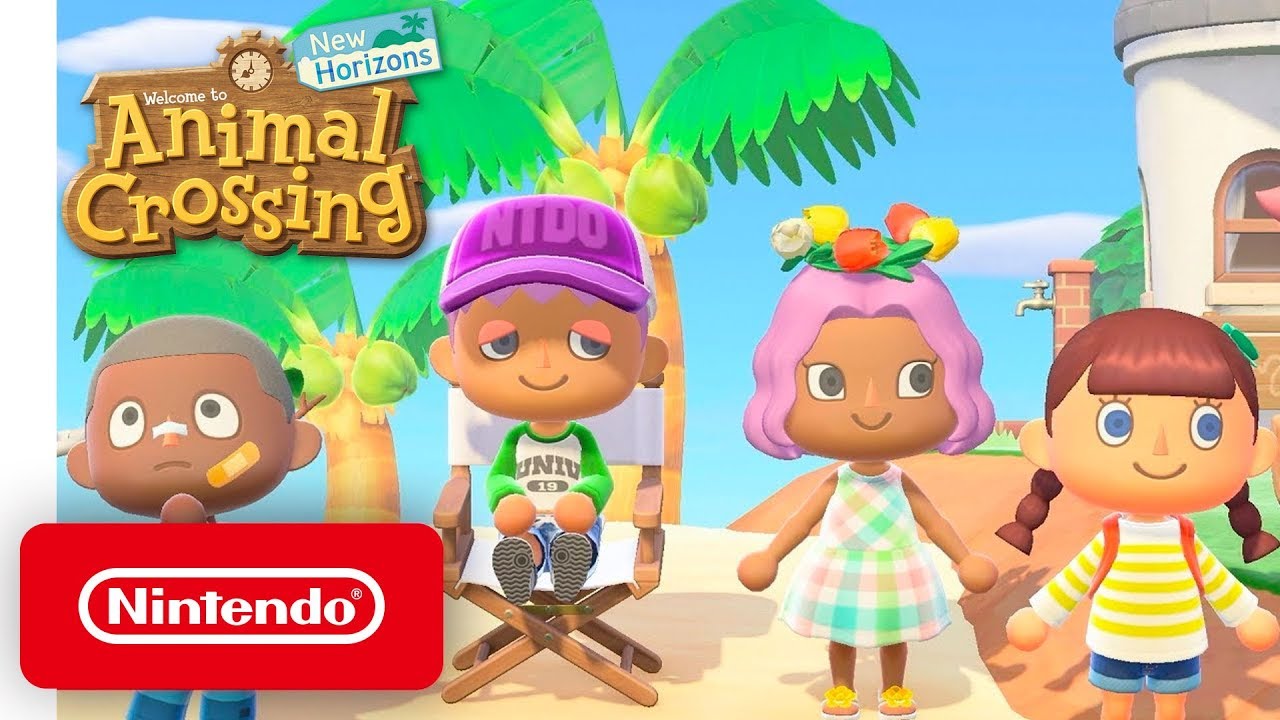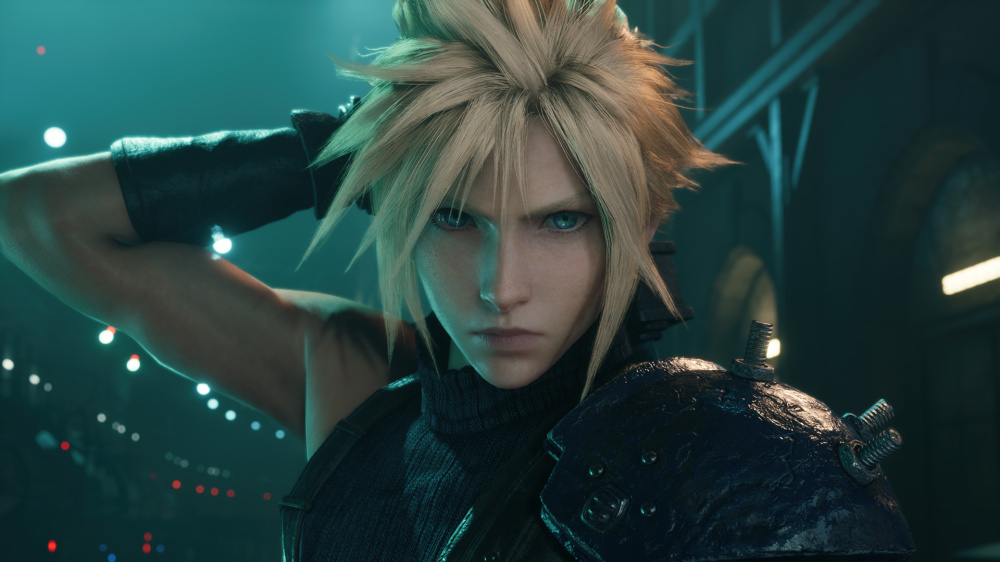In a significant shakeup for the gaming landscape, Microsoft has initiated sweeping changes to its Xbox division, signaled by large-scale layoffs, high-profile studio closures, and the cancellation of multiple anticipated projects.
Xbox, once synonymous with exclusive IPs and console innovation, is now shifting its strategic focus towards a more platform-agnostic, publisher-centric business model. The latest restructuring saw the closure of the studio behind Perfect Dark and the cancellation of both Perfect Dark and Everwild, a highly anticipated project at Rare.
Turn 10 Studios—the renowned creators behind the Forza motorsport series—also faced drastic staff reductions, eliminating half of its workforce.
These actions are part of a larger cut affecting approximately 9,000 employees across Microsoft’s Xbox family, as corroborated by multiple reports, including those from Pure Xbox and GamesIndustry.biz. Veteran talent was not immune to the changes.
Gaming luminaries such as Gregg Mayles, a pivotal designer credited for Donkey Kong Country and a longtime member at Rare, alongside Louise O'Connor and Wil Overton, were let go.
Their departure marks the end of an era for fans and signals the depth of Microsoft's restructuring efforts. Industry analyst Chris Dring, speaking to the broader implications, remarked that the recent decisions fundamentally transform Xbox from the company that once anchored its ambitions on hardware exclusivity to one that is rapidly evolving into a third-party publisher with substantial reach.
"The Xbox project, as we knew it, has moved on," Dring observed, noting the brand's modernization toward publishing games across competing platforms while maintaining its own hardware and subscription infrastructure.
The partnership with Asus for a Windows-focused handheld device further reinforces this multi-platform momentum. Tracing Xbox’s history, Microsoft entered the gaming console market in 2001, seeking to challenge Sony and Nintendo.
The original Xbox garnered modest success, followed by the Xbox 360, which found a loyal audience despite fierce competition from Sony’s PlayStation 3 and robust sales of the Nintendo Wii.
The missteps of the Xbox One era, coupled with shifting market dynamics, prompted Microsoft to diversify its approach with the Xbox Series X and Series S, as well as a heavy investment in its Game Pass subscription program—a model offering first-party releases on day one. While Xbox revenues remain solid due to service-oriented strategies, hardware sales have faltered, necessitating hard decisions in cost-cutting and resource reallocation.
The loss of promising titles and the reduction in global staff numbers, though difficult for the community and employees alike, reflect Microsoft's pivot to sustaining growth through multi-platform publishing and digital services.
As the company steers toward forging a broader presence across Windows, rival consoles, and cloud platforms, the Xbox brand is transforming—no longer centered solely on exclusive consoles, but on delivering a robust and accessible gaming ecosystem for millions worldwide.
Xbox, once synonymous with exclusive IPs and console innovation, is now shifting its strategic focus towards a more platform-agnostic, publisher-centric business model. The latest restructuring saw the closure of the studio behind Perfect Dark and the cancellation of both Perfect Dark and Everwild, a highly anticipated project at Rare.
Turn 10 Studios—the renowned creators behind the Forza motorsport series—also faced drastic staff reductions, eliminating half of its workforce.
These actions are part of a larger cut affecting approximately 9,000 employees across Microsoft’s Xbox family, as corroborated by multiple reports, including those from Pure Xbox and GamesIndustry.biz. Veteran talent was not immune to the changes.
Gaming luminaries such as Gregg Mayles, a pivotal designer credited for Donkey Kong Country and a longtime member at Rare, alongside Louise O'Connor and Wil Overton, were let go.
Their departure marks the end of an era for fans and signals the depth of Microsoft's restructuring efforts. Industry analyst Chris Dring, speaking to the broader implications, remarked that the recent decisions fundamentally transform Xbox from the company that once anchored its ambitions on hardware exclusivity to one that is rapidly evolving into a third-party publisher with substantial reach.
"The Xbox project, as we knew it, has moved on," Dring observed, noting the brand's modernization toward publishing games across competing platforms while maintaining its own hardware and subscription infrastructure.
The partnership with Asus for a Windows-focused handheld device further reinforces this multi-platform momentum. Tracing Xbox’s history, Microsoft entered the gaming console market in 2001, seeking to challenge Sony and Nintendo.
The original Xbox garnered modest success, followed by the Xbox 360, which found a loyal audience despite fierce competition from Sony’s PlayStation 3 and robust sales of the Nintendo Wii.
The missteps of the Xbox One era, coupled with shifting market dynamics, prompted Microsoft to diversify its approach with the Xbox Series X and Series S, as well as a heavy investment in its Game Pass subscription program—a model offering first-party releases on day one. While Xbox revenues remain solid due to service-oriented strategies, hardware sales have faltered, necessitating hard decisions in cost-cutting and resource reallocation.
The loss of promising titles and the reduction in global staff numbers, though difficult for the community and employees alike, reflect Microsoft's pivot to sustaining growth through multi-platform publishing and digital services.
As the company steers toward forging a broader presence across Windows, rival consoles, and cloud platforms, the Xbox brand is transforming—no longer centered solely on exclusive consoles, but on delivering a robust and accessible gaming ecosystem for millions worldwide.






